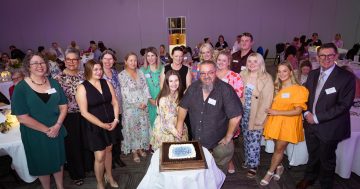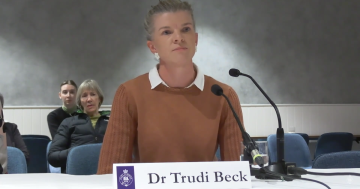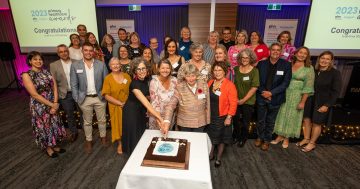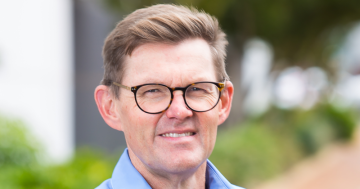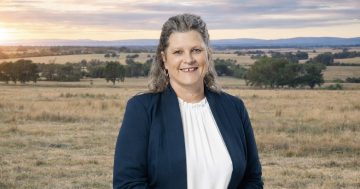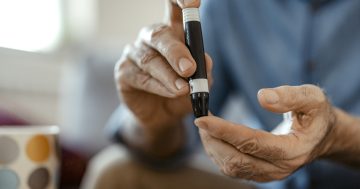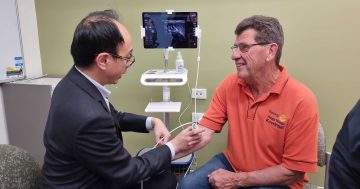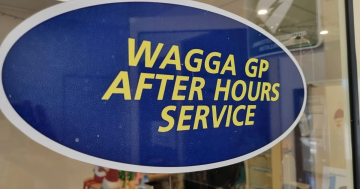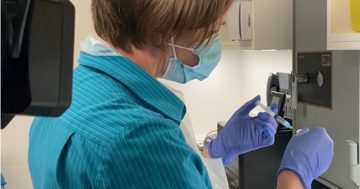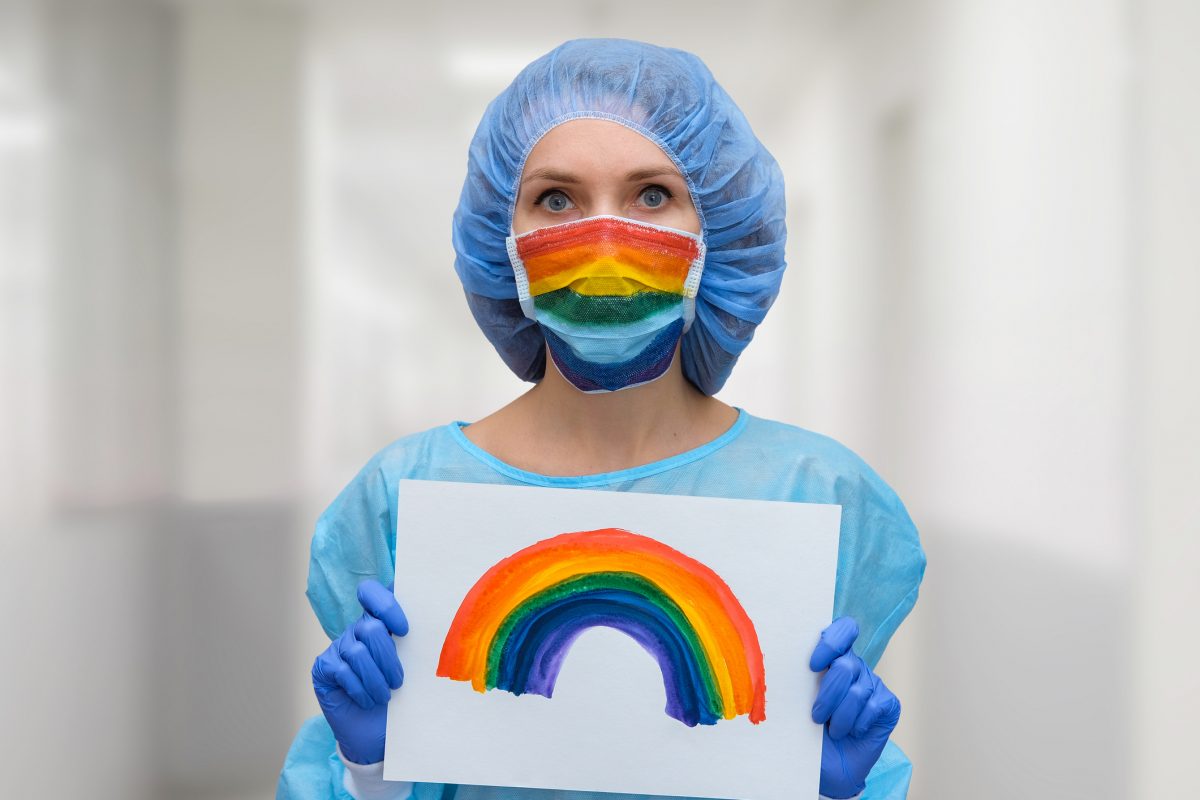
Murrumbidgee Primary Health Network (MPHN) is asking for input from the LGBTQIA+ community. Photo: File.
When it comes to health outcomes in regional communities, people who identify as LGBTQIA+ tend to fare worse and often feel marginalised from accessing healthcare.
In response, Murrumbidgee Primary Health Network (MPHN) has launched an online health survey and has invited community members to join an online health and wellbeing discussion group to examine the specific health needs of the LGBTQIA+ community in the region.
“We are aware that we don’t know enough around the health needs and experiences of our LGBTQIA+ community,” said MPHN’s Anita McRae.
“This provides us the opportunity to really hear from people from the rainbow community around their experiences, any barriers, or anything that they’d like us to know, so that we can help support them to access health services in the region.”
In particular, LGBTQIA+ people in regional areas experience higher rates of poor mental health, something that Wagga advocate and Wagga Mardi Gras founder Holly Conroy explained can have a flow-on effect.
“It can be quite serious as it really does affect more than just your health, it affects everything, and everyone around you as well,” she said.
“When someone’s suffering from a mental health issue, they’re more than likely to not exercise, they’re more than likely to be abusing alcohol and drugs and you’re less likely to take care of yourself.”
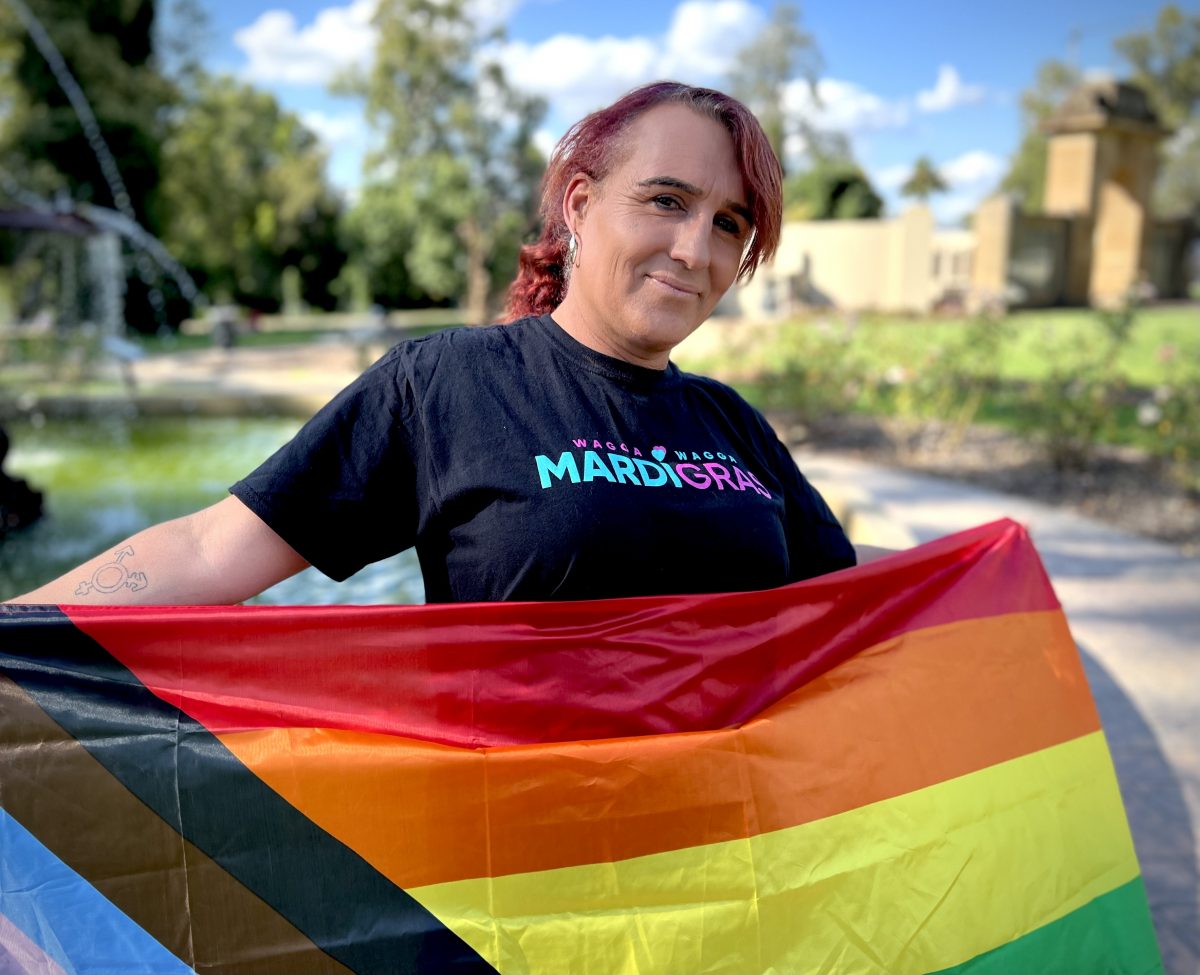
Wagga Mardi Gras’ Holly Conroy has had some “awful experiences” with regional healthcare providers. Photo: Chris Roe.
Holly said that there could be a reluctance in queer communities to engage with health services.
“For some people they might be worried in their hometown of being open about their sexuality or their particular issues,” she said, sharing her own experience as a trans woman.
“When I first came out, I went to my doctor and said, ‘This is me, this is what I am’, and his actual response was, ‘What do you want me to do? Do you want me to prescribe you something?’ He didn’t have a clue!
“At the end of the day, I had to do my own research, and I found a doctor in Canberra who had experience with that sort of thing.”
Holly said that broader education for health professionals and more openness to support LGBTQIA+ patients was needed.
“I think they really need to start with medical schools and teaching students how to handle these situations,” she said.
“I once contacted a gynecologist about an issue and they refused to book me an appointment and just said, ‘We don’t know what to do’.
“That doctor could have just said, ‘No worries, we’ll book you in and just so that I can be ready, do you mind if I grab your surgeon’s email address so I can ask them a few questions.
“There was so much that doctor could do to provide due diligence to a patient but they just put me in the too hard basket and said, ‘Go somewhere else’.”
Anita McRae said that MPHN was also talking to service providers to understand their needs to improve engagement.
“There’s definitely two parts to this, we want to make sure we’re supporting and listening to the community, but also looking at the needs of service providers to deliver care,” she said.
“There are a lot of health care providers out there providing wonderful support and they’re very responsive to the needs, but it’d be great to get more services that are confident to deliver their care in the best way possible for rainbow community members.”
The LGBTQIA+ online health and wellbeing discussion groups will be held on 27 and 28 June.
You can find out more and participate in the survey here.







